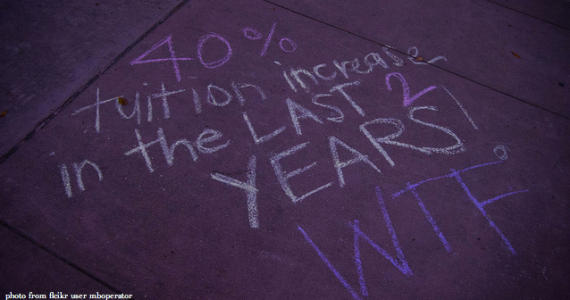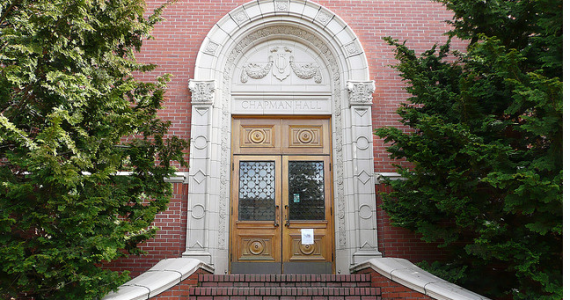Westwood College has a new guarantee for its students. If you don’t get a job within six months it will help pay your bills. And they are advertising it heavily – I stumbled on the pledge through a paid banner on a news website. Founded in 1953 and based in Denver, Colorado, Westwood College has 17 campuses across the country. Westwood College is a for-profit college that offers bachelor and associate degree programs in business, design, technology, industrial services, justice and healthcare. Currently there are 15,000 students enrolled in classes on campus or online.
The details are simple – if you don’t get a job in six months then Westwood will pay you $500 per month for up to 6 months if you have a bachelor’s degree, and $250 per month for up to 6 months if you have an associate degree. It’s a lot like unemployment benefits for recent graduates. “Eligible graduates must check in weekly in person or via phone with career services beginning upon graduation,” the website says. Not a bad guarantee, but I am interested in knowing if this pushed up the tuition cost a little bit.
The “Westwood Employment Pledge,” is an interesting move in a shaky economy and for an institution with a lot of controversy. There is little doubt the pledge is Westwood’s response to critics of high tuition and the value of a degree from a for-profit institution. According to the Denver Post, Westwood College was sued in federal court in August 2010 for the “misrepresented value of its degrees and inflated potential post-graduation salaries to lure prospective students.” The employment pledge feels like a cover up. Pay $75,000 to Westwood College for the average bachelor degree and get $3,000 back if you don’t get a job. Do the math – the odds are still in the house’s favor.
To learn more about the details of the Westwood Employment Pledge click here.
Incoming search terms:
- westwood college guarantee
- college pays for cell phone bill
- westwood college will pay your bills


